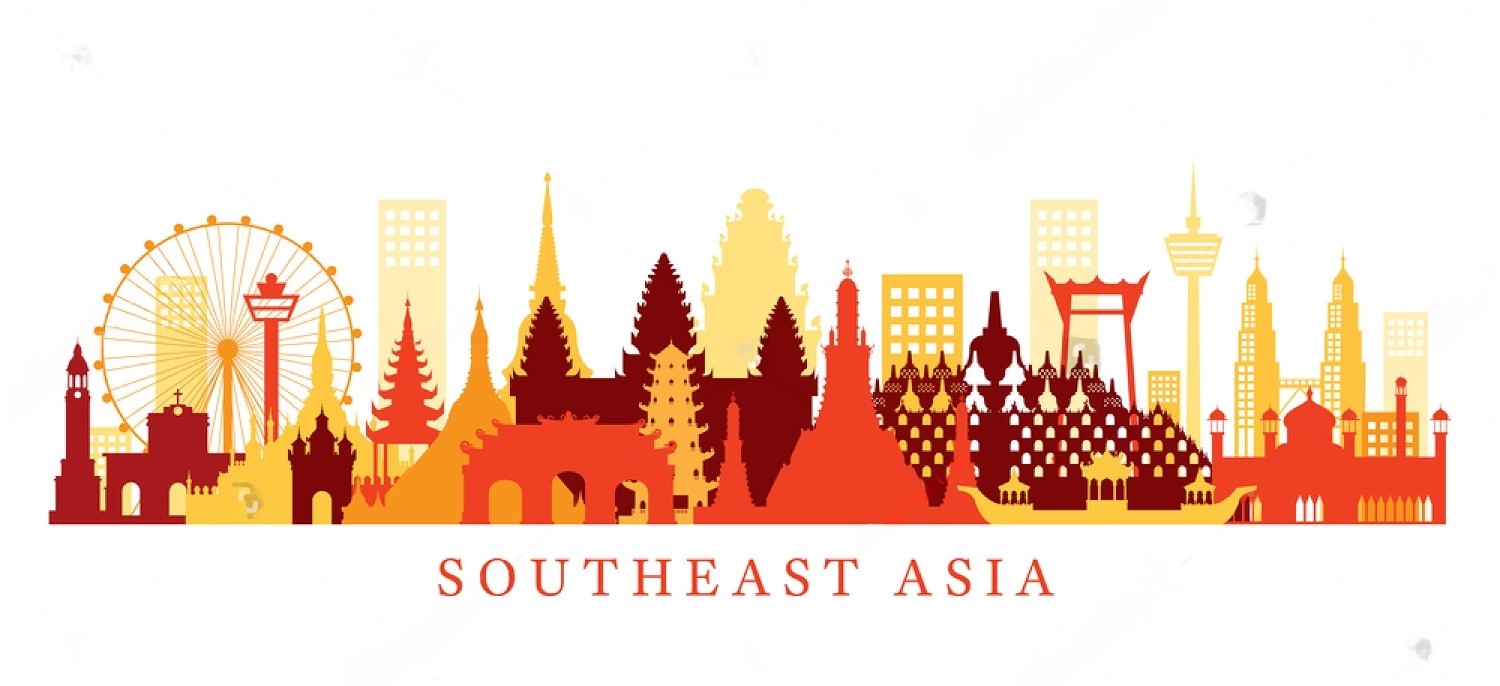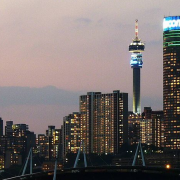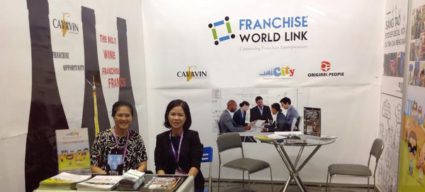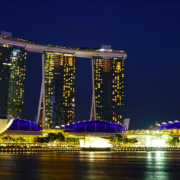Unlocking Success in Southeast Asia’s Diverse Franchise Market: Navigating Cultural Nuances for International Franchisors
Southeast Asia is a region of immense cultural diversity, with countries such as Thailand, Vietnam, Indonesia, Myanmar, and the Philippines having distinct customs, languages, and business practices. For international franchisor looking to expand their operations in the region, understanding and navigating this diverse cultural landscape is crucial to achieving franchise success.
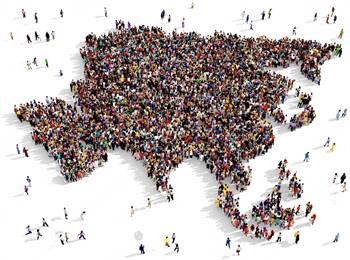
According to a report by World Franchise Associates, Southeast Asia’s franchise market is expected to reach a value of $70 billion by 2025, with significant growth potential in the food and beverage, retail, and education sectors. However, franchisors must be mindful of the cultural nuances that influence business transactions and consumer behavior in the region.
One critical aspect is the importance of building relationships and trusts with local partners and consumers. In Southeast Asian cultures, personal relationships and trust are highly valued, and doing business without establishing a rapport first can be perceived as disrespectful. Franchisor must invest time and effort in building strong relationships with their local partners and consumers to ensure the success of their franchise operations.
Another aspect to consider is the need for flexibility in adapting to local tastes and preferences. Southeast Asian consumers have diverse preferences when it comes to food, shopping, and lifestyle choices, and franchisors must tailor their offerings to suit these preferences. For example, fast-food franchises that offer halal-certified options can be successful in Muslim-majority countries such as Indonesia and Malaysia. Similarly, franchisors in Thailand and Vietnam may need to adapt their menus to incorporate local flavors and ingredients.
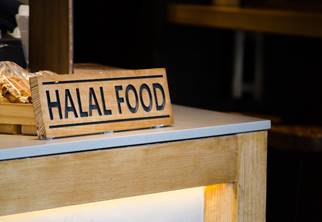
Franchisors also need to be aware of the legal and regulatory frameworks in each country they operate. While there are some similarities in franchise laws across Southeast Asia, there are also significant differences that franchisors must navigate. For example, in the Philippines, franchisors are required to register their franchise agreements with the government before they can operate, while in Indonesia, franchisors are required to have a local partner to operate a franchise.
Finally, franchisors must invest in understanding the local labor market and employment laws in each country. Labor laws in Southeast Asia can be complex, with varying requirements for minimum wage, working hours, and benefits. Franchisors must ensure they comply with local labor laws while also attracting and retaining the best talent.
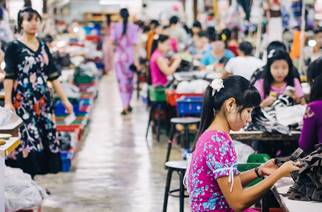
In conclusion, navigating the diverse cultural landscape of Southeast Asia requires franchisors to invest time, effort, and resources in building strong relationships with local partners and consumers, adapting to local tastes and preferences, understanding legal and regulatory frameworks, and complying with local labor laws. Franchisors who are mindful of these aspects and are willing to invest in localizing their operations can achieve franchise success in Southeast Asia’s dynamic and rapidly growing market.
If you’re an international franchisor looking to expand your operations in Southeast Asia, partnering with an experienced franchise consultant can help you navigate the region’s diverse cultural landscape and regulatory frameworks. Franchise World Link is a leading franchise consulting firm with extensive experience in helping franchisors enter and succeed in Southeast Asia’s dynamic and rapidly growing market.
Contact us today to learn how we can assist you in growing or opening a franchise in Southeast Asia.

